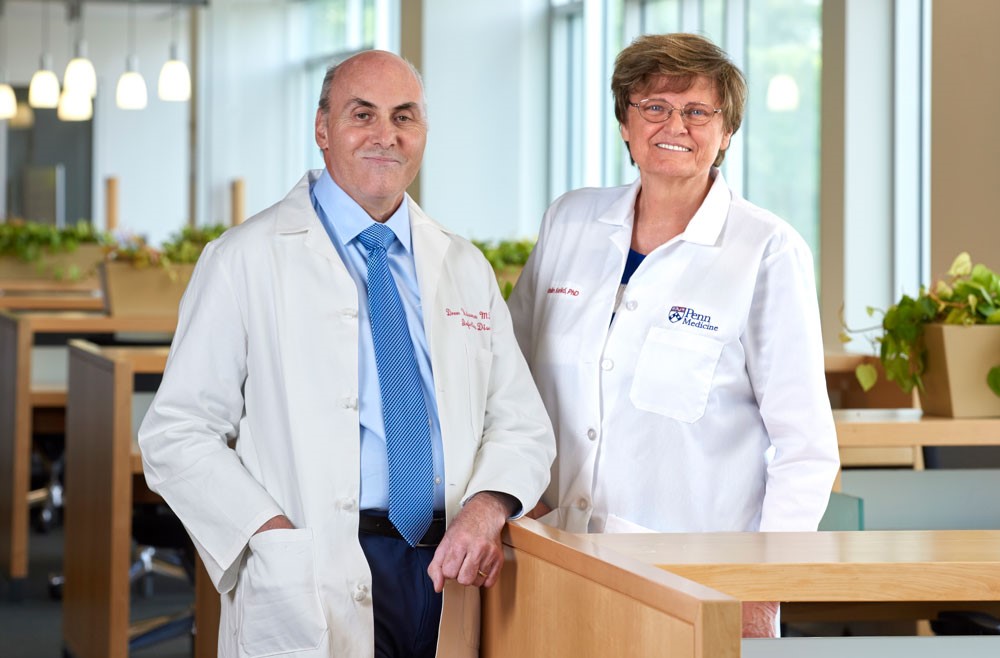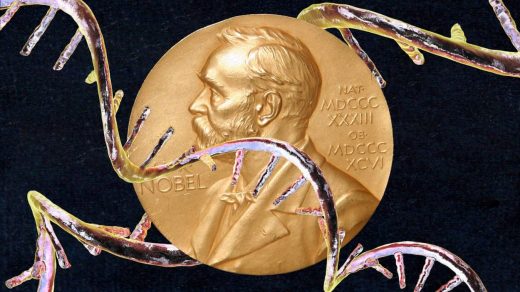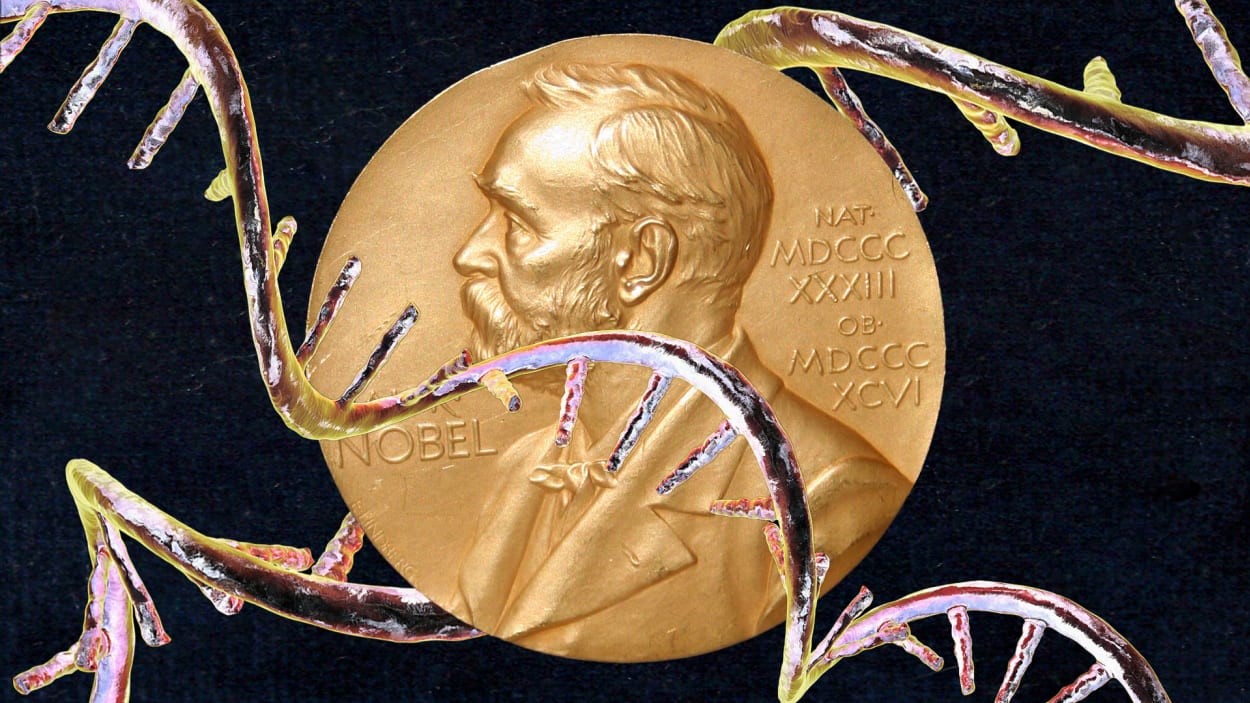She was snubbed by Penn a decade ago. Now, she’s won a Nobel Prize for her work on mRNA vaccines
On Monday, two scientists, Katalin Karikó and Dr. Drew Weissman, were announced as the winners of the Nobel Prize in Physiology or Medicine for their research on mRNA vaccines—work that ultimately led to the invention of the COVID-19 vaccination.
The scientists were honored in Sweden for findings the committee said “fundamentally changed our understanding of how mRNA interacts with our immune system.”
But for Karikó, that road to winning the Nobel Prize was long and filled with countless setbacks. The Hungarian-American biochemist couldn’t get grants for her work, which would later prove to be indispensable, and was forced to retire from the University of Pennsylvania a decade ago.
Karikó had met with very little interest in new approaches to vaccinations, that was, until she met Weissman, who was working toward a vaccine against HIV in the late 1990s. But Karikó was so dismissed in her efforts that she had to team up with other scientists at Penn, just to keep working.

Luckily, that only propelled her to push harder, and along with Weissman, she began looking at how mRNA could be altered to trigger an immune response in humans. In 2005, the scientists jointly published research that demonstrated that mRNA produced high levels of antibodies that could attack infections that hadn’t been encountered before. No live virus was necessary to inject, which set it apart from other vaccines.
When the research was first published, it received little attention. It wasn’t until 2020, in the throes of the early pandemic, that mRNA technology would become world-renowned.
As drug companies raced against the clock to develop a vaccine that would help curtail the spread of the virus, they turned toward Karikó and Weissman’s discoveries. Pfizer/BioNTech and Moderna developed mRNA vaccines with the research that would protect against death or serious illness from COVID-19.
Karikó still works at Penn, but only as an adjunct professor. Weissman is the director of vaccine research there. Now, the pair is credited with discovering an entirely new approach to vaccine development that could be used in the creation of countless other vaccines for various illnesses, like malaria or even cancer.
“Katalin Karikó and Drew Weissman are brilliant researchers who represent the epitome of scientific inspiration and determination,” Penn President Liz Magill said in a statement. “Day after day, Dr. Weissman, Dr. Karikó and their teams worked tirelessly to unlock the power of mRNA as a therapeutic platform, not knowing the way in which their work could serve to meet a big challenge the world would one day face.”
Magill continued, “With the truest devotion to their field, they’ve already promised they will not stop here, and that is the greatest inspiration of all. Our Penn community is enormously proud of their groundbreaking achievements and this well-deserved recognition.”
(22)



